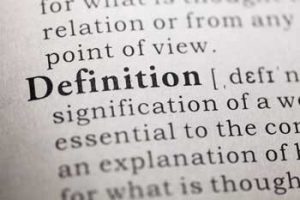Short Definition:
Discrimination in franchising refers to the unjust or prejudicial treatment of individuals based on protected characteristics such as race, gender, religion, or age within the context of the franchise relationship and franchise agreement.
Long Definition:
 In the realm of franchising, discrimination encompasses any actions, policies, or practices that result in the unequal treatment of individuals based on factors such as race, gender, religion, age, disability, or other protected characteristics. This can manifest in various forms, including but not limited to hiring practices, franchisee selection criteria, territory assignments, training opportunities, support services, and termination decisions. Discrimination in franchising undermines the principles of fairness, equality, and diversity, and can have serious legal and reputational implications for franchisors.
In the realm of franchising, discrimination encompasses any actions, policies, or practices that result in the unequal treatment of individuals based on factors such as race, gender, religion, age, disability, or other protected characteristics. This can manifest in various forms, including but not limited to hiring practices, franchisee selection criteria, territory assignments, training opportunities, support services, and termination decisions. Discrimination in franchising undermines the principles of fairness, equality, and diversity, and can have serious legal and reputational implications for franchisors.
Additional Definition: Treating one franchisee differently from another. A number of statutes and legal cases restrict a franchisor’s ability to discriminate among businesses that are similarly situated.
History and Usage:
The issue of discrimination in franchising has been a longstanding concern, reflecting broader societal challenges related to prejudice and inequality. Historically, discriminatory practices were prevalent in franchising, with instances of exclusionary policies, biased decision-making, and unequal opportunities for marginalized groups. However, as awareness of diversity and inclusion has grown, there has been a concerted effort within the franchising industry to combat discrimination and promote fairness. Today, franchisors are increasingly adopting policies and procedures to prevent discrimination and ensure equal opportunities for all individuals participating in the franchise system.
Five Questions Often Asked:
Example Sentences:
Summary:
Discrimination in franchising represents a significant challenge to the principles of fairness, equality, and diversity. By understanding the various forms of discrimination, implementing proactive measures to prevent it, and fostering an inclusive franchise environment, franchisors can uphold ethical standards and promote mutual respect within the franchise system. Addressing discrimination is not only a legal obligation but also a moral imperative for franchisors seeking to build a thriving and equitable franchise community.